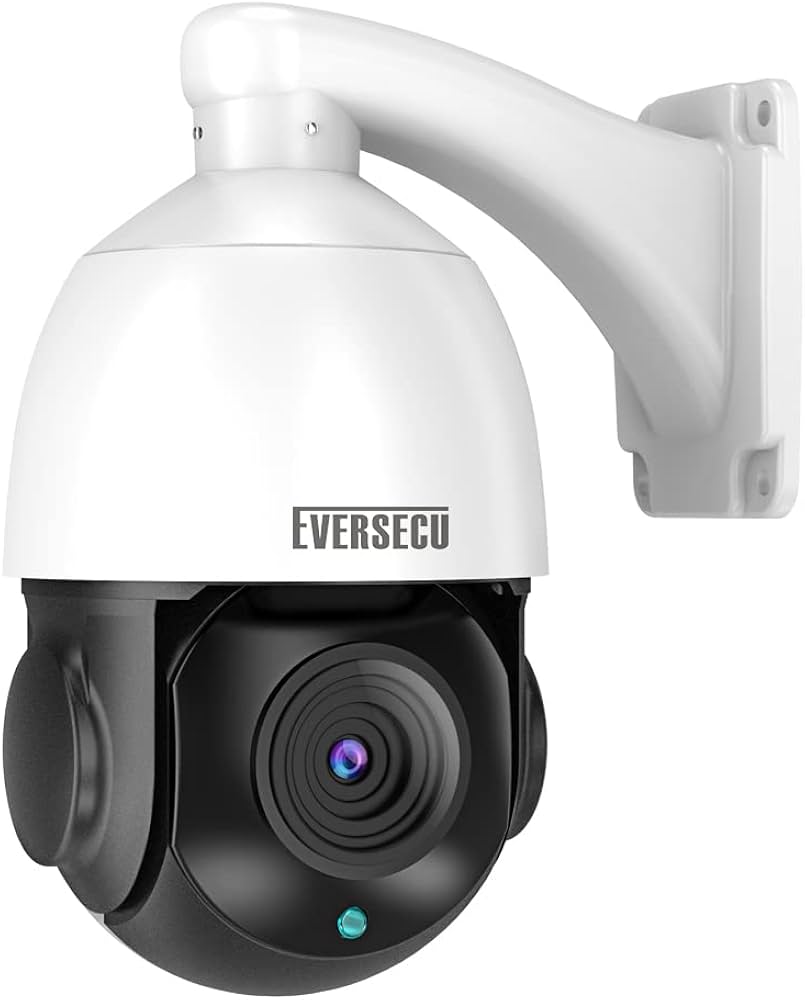
The Dark Side of Personalization: How Cookies are Invading Our Privacy
As I sat at my desk, sipping my morning coffee and scrolling through my favorite news website, I couldn’t help but feel a sense of unease. It wasn’t the latest headlines that had me on edge, but rather the tiny text at the bottom of the page: ‘This website uses cookies to personalize your experience.’ Suddenly, I felt like I was being watched.
We’ve all seen those pesky cookie notifications pop up on our screens, asking us to accept or decline the use of cookies on a website. But have you ever stopped to think about what that really means? What are cookies, and how are they being used to track our every move online?
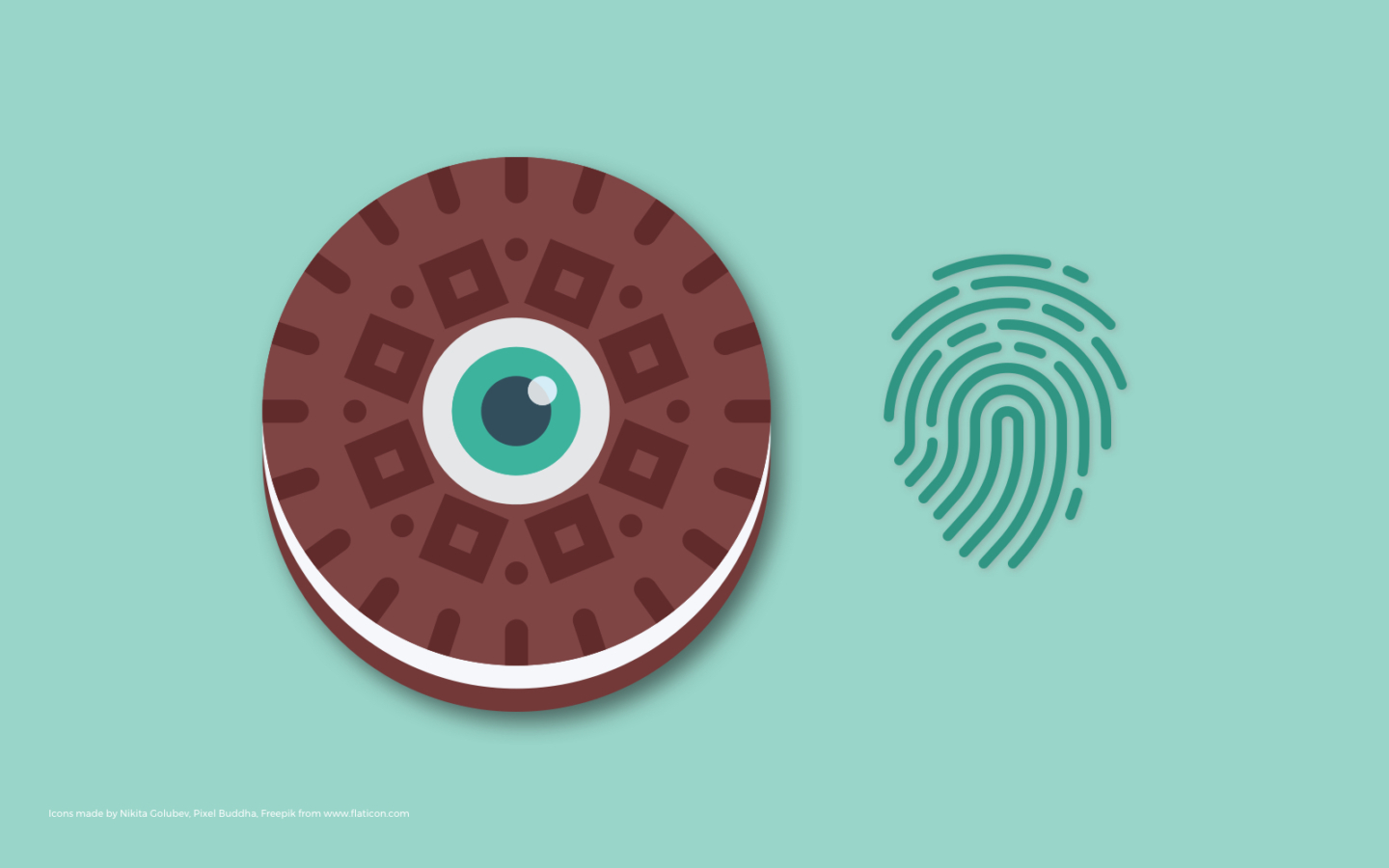 The cookies we accept online can have serious consequences for our privacy
The cookies we accept online can have serious consequences for our privacy
According to Yahoo’s own policy, cookies are used to ‘provide and improve our services, authenticate users, apply security measures, and prevent spam and abuse.’ Sounds harmless enough, right? But what about the part where they use ‘precise location data and other personal data like IP addresses, browsing and search data for personalized advertising and content, to measure ads and content, to conduct market research, and to develop services’? That’s where things start to get a little creepy.
‘We use cookies to provide and improve our services, authenticate users, apply security measures, and prevent spam and abuse.’ - Yahoo
It’s not just Yahoo, of course. Virtually every website we visit uses cookies in some way. And while they may seem like a minor annoyance, the reality is that cookies are just the tip of the iceberg when it comes to online tracking.
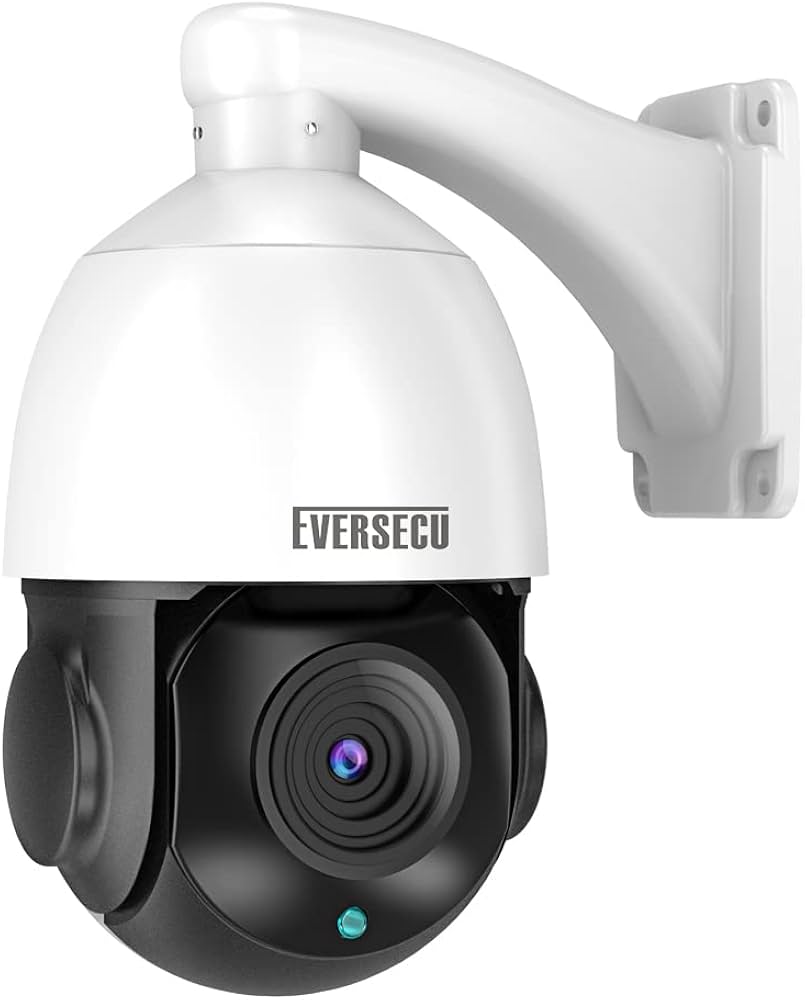 The use of cookies is just one part of a larger surveillance state
The use of cookies is just one part of a larger surveillance state
So what can we do to protect ourselves? For starters, we can be more mindful of the cookies we accept online. Instead of blindly clicking ‘accept all,’ take a closer look at what you’re agreeing to. You might be surprised at just how much data you’re giving away.
We can also take steps to limit the amount of data we share online. Using a VPN, for example, can help mask our IP addresses and make it harder for websites to track our movements. And while it may seem like a hassle, taking the time to read through a website’s privacy policy can give us a better understanding of just what we’re getting ourselves into.
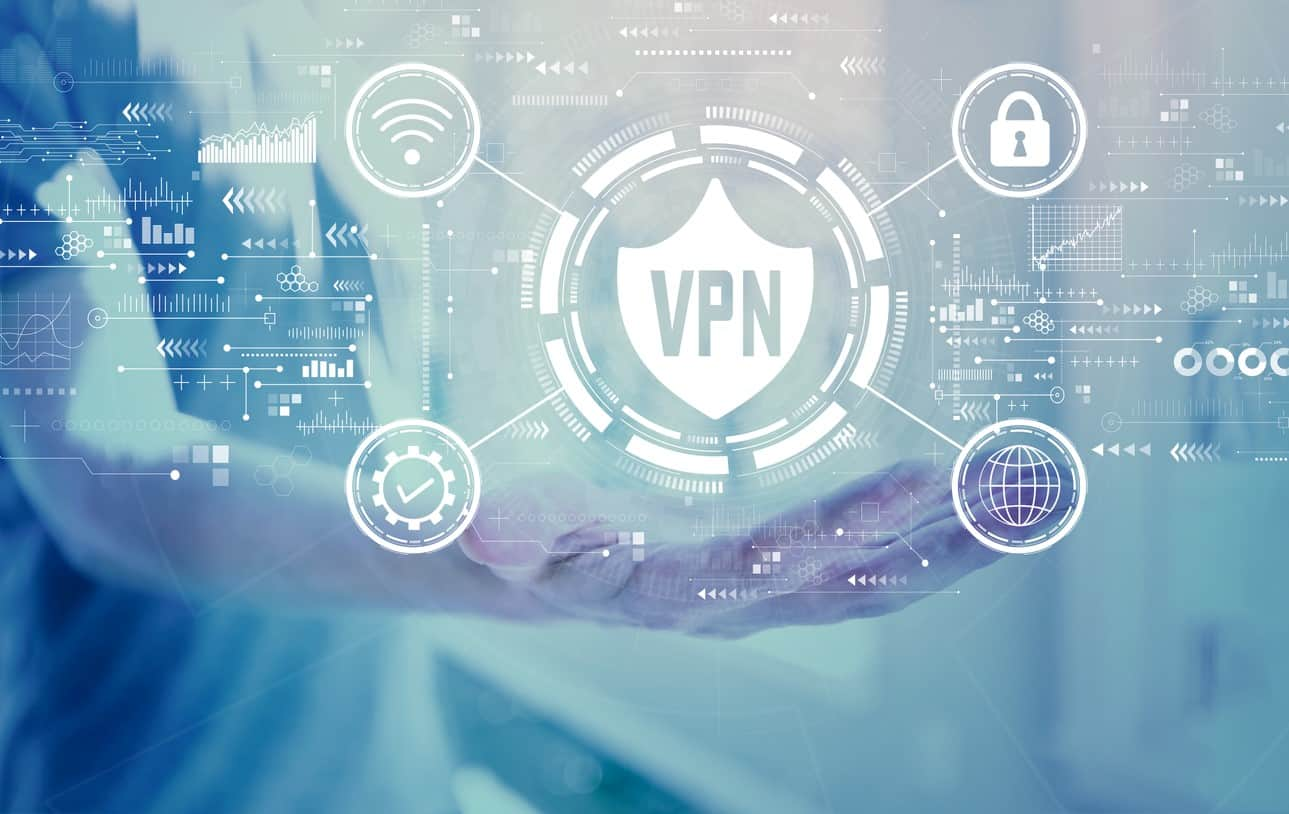 Using a VPN is just one way to protect ourselves online
Using a VPN is just one way to protect ourselves online
Ultimately, the decision to accept or decline cookies is up to us. But by being more aware of the ways in which our data is being used, we can take back control of our online lives and start to build a more private, more secure internet.
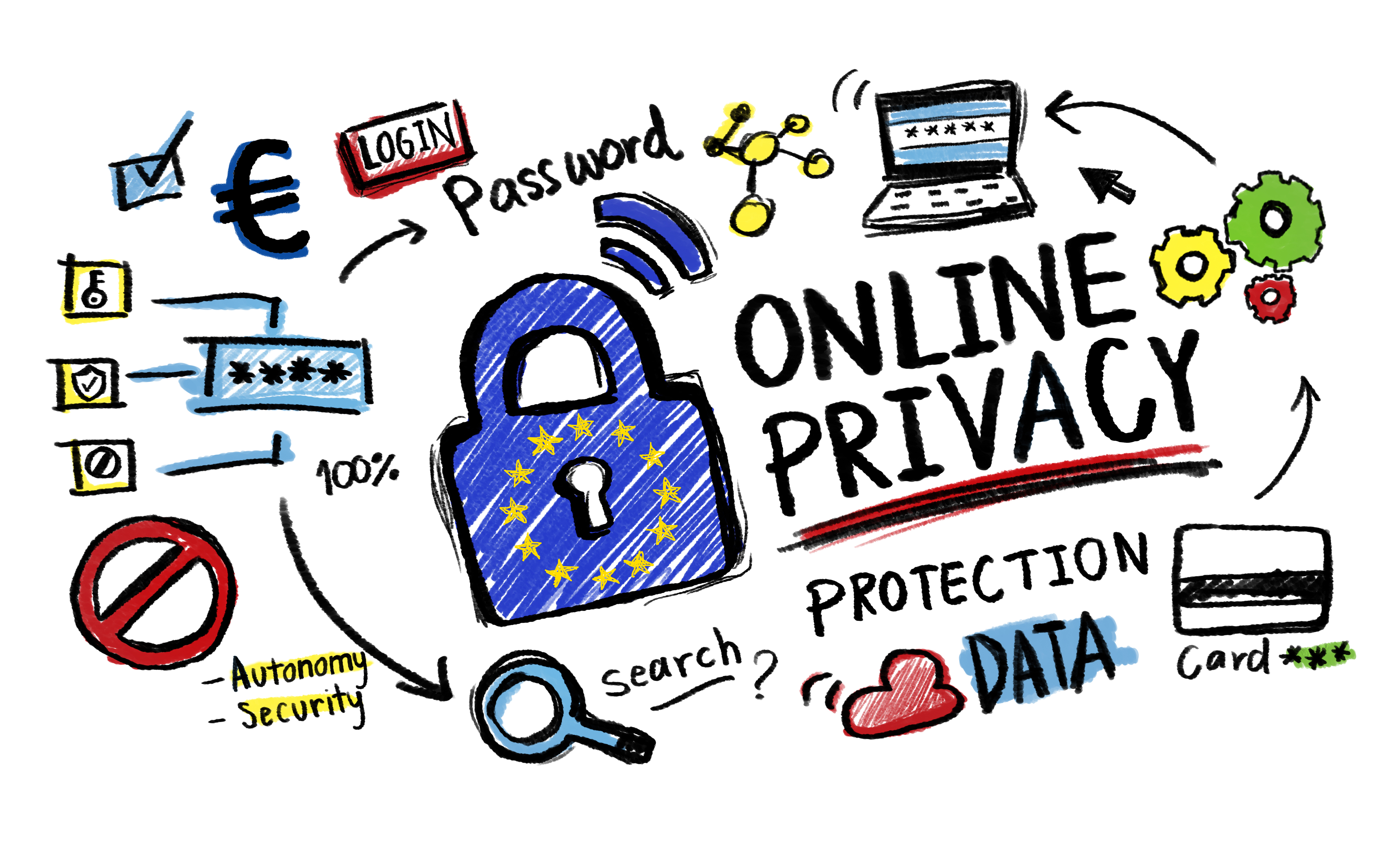 It’s time to take back control of our online lives
It’s time to take back control of our online lives
As I finished writing this article, I couldn’t help but feel a sense of hope. By being more mindful of the cookies we accept online, we can start to build a better internet - one that values our privacy and security above all else. So next time you see that pesky cookie notification, take a closer look. You might just be surprised at what you find.













